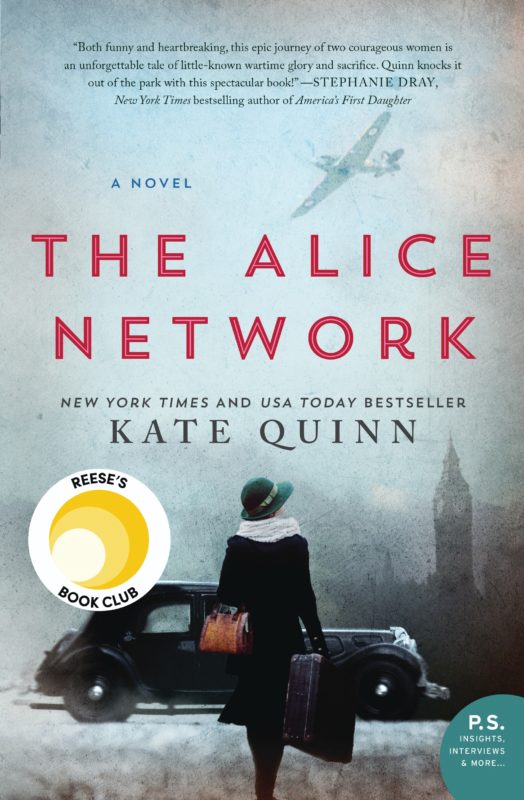“Write what you know” is probably some of the worst advice for writers ever. Even authors of modern-day fiction have their problems with that old chestnut. Tom Clancy may have set all his books in the same 20th century America in which he lived, but he didn’t write about writers, he wrote about spec-war operatives, even if he’d never been one. And historical novelists do a special kind of hair-tearing when we hear “Write what you know” because we really don’t know what we write about. No amount of research will make me know what it’s like to watch prisoners die in the Colosseum, and Margaret George will never know what it’s like to be Helen of Troy either, and that didn’t stop either of us from writing about it anyway.
I sometimes like to think “Write WHO you know” instead. As long as I can remember, I’ve indulged in an idle game called “When Should They Have Been Born?” Any serious fan of historical fiction harbors the conviction from time to time that we were really born in the wrong century. So whenever I was bored to tears in class, or weekly meetings, or family gatherings (which was most of the time), I’d go around the room deciding what century everybody really belonged in, according to their personality. And boy, did the book ideas start flowing.
My acerbic librarian mother who prefers dogs, books, and herbs to the company of people? A Benedictine nun in medieval England, brewing up herbal tinctures and illuminating manuscripts and breaking her vow of silence to coo at the dog she isn’t supposed to keep in her monastic cell. A great character for a Middle Ages novel.
My husband, a Navy sailor who’d have made a great Viking raider, swinging a sword over one shoulder and taking his longship out to the edge of the known world and never, ever getting seasick. A made-to-order hero for an epic battles-and-blood Norse tale.
My long-deceased feminist grandmother with her paisley scarves and her wry wit: a born reformer who should have been a 1912 suffragette. She’d be chaining herself to the railing of Number 10 Downing Street and going on hunger strike at Holloway Prison; a dowager in a fabulous hat and a Votes For Women banner who could have mentored Lady Sybil from Downton Abbey.
My much-tattooed kickboxing instructor has a streak of benign sadism that could definitely have belonged to a Roman centurion . . . my other grandmother is one of those Depression-era Steinbeck matriarchs in black and white who keeps her family together through disaster after disaster . . . my jazz musician father could have doubled for a handsome court musician under Empress Maria Theresa . . . how many book ideas have I gotten, just from looking around at a family gathering or a gym class?
Now, I may not end up writing all those books. I don’t really see myself writing a blood-and-battle Viking epic, largely because Bernard Cornwell with his Saxon Stories (among many others) has already covered it so well. But sometimes you do get a solid book idea out of a real person. Case in point, my husband’s grandmother: a fiery Sicilian whose cooking could make angels weep, and who would absolutely smack you on the head with a wooden spoon and threaten excommunication if you committed the crime of breaking the pasta into the pot instead of folding it. I had a eureka moment and transplanted her personality more or less intact to Renaissance Italy. My husband’s grandma ended up personal chef to the Borgia Pope in my last book–and she may be in her nineties now in the 21st century, but she’s absolutely tickled to think that in some alternate life she got to cook for a Pope, defraud a convent, and have a one-night stand with Cesare Borgia.
Don’t write what you know–write who you know. Look around you at the next boring board meeting or family gathering. What century do these people really belong in? Maybe you’ll find the hero of your next historical novel.







